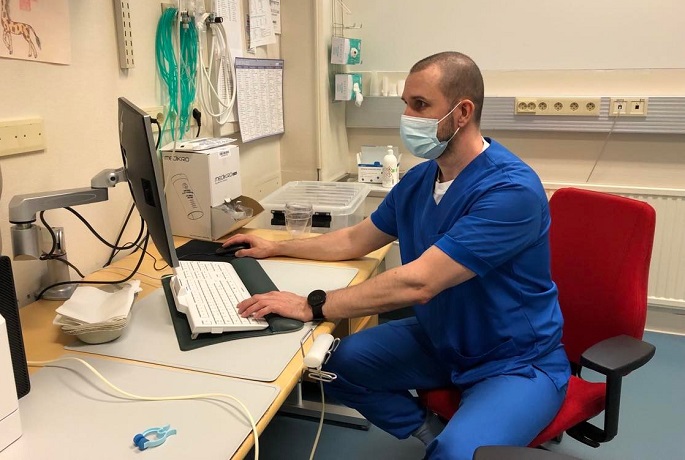56 key occupations face labour shortage
Published : 02 Nov 2022, 02:38
As many as 56 out of 200 key occupations were facing labour shortage in the country in this autumn, according to the Occupational Barometer published by the Ministry of Economic Affairs and Employment on Tuesday.
Out of the shortage occupations, 17 were in health and social services, said the ministry in a press release, quoting the results of the Barometer.
After these, the occupations in the shortest supply are in the construction sector (12 occupations) and industry (8 occupations).
There are also a few occupations suffering from a shortage of recruits in the software, food and beverage service business, cleaning, property maintenance and transport sectors.
Of the 200 occupations included in the Barometer, 29 are surplus occupations.
The number of surplus occupations has not changed significantly in recent years. A year earlier, the number of shortage occupations was 30.
The COVID-19 pandemic has had limited effects on the surplus of labour. The Barometer identified a labour surplus of high magnitude in creative and cultural occupations.
This autumn’s Occupational Barometer, however, indicated that the increase in labour shortages has levelled off.
While the number of shortage occupations increased year on year, a slight decrease was shown from spring 2022.
“Employment and unemployment figures react with a delay to changes in the economy. However, the wide-ranging shortage of labour is not showing signs of easing, even if the economy were to take a breather for a few quarters,” said Under-Secretary of State Elina Pylkkänen.
Although the total number of shortage occupations has decreased, the number of occupations with a “severe shortage of labour” has continued to grow.
The health and social services sector is expected to have a skilled labour shortage of high magnitude in the near future.
On the list of top 15 shortage occupations, three out of four are in the health and social services sector.
The situation is most difficult in the recruitment of practical nurses, registered nurses, senior specialists in social work, teachers in early childhood education and care, special needs teachers, speech therapists, general practitioners, home care assistants, psychologists and dentists. It has also become more difficult to find restaurant and catering workers.
The results are based on expert assessments which the Employment and Economic Development Offices carried out in September and October 2022 to estimate the situation for the year ahead.


